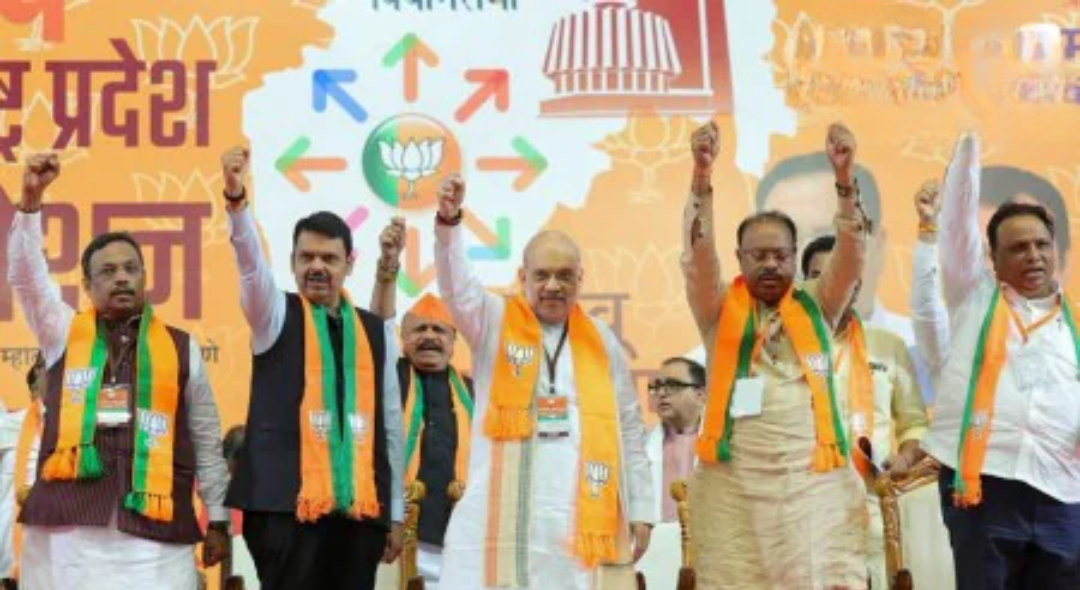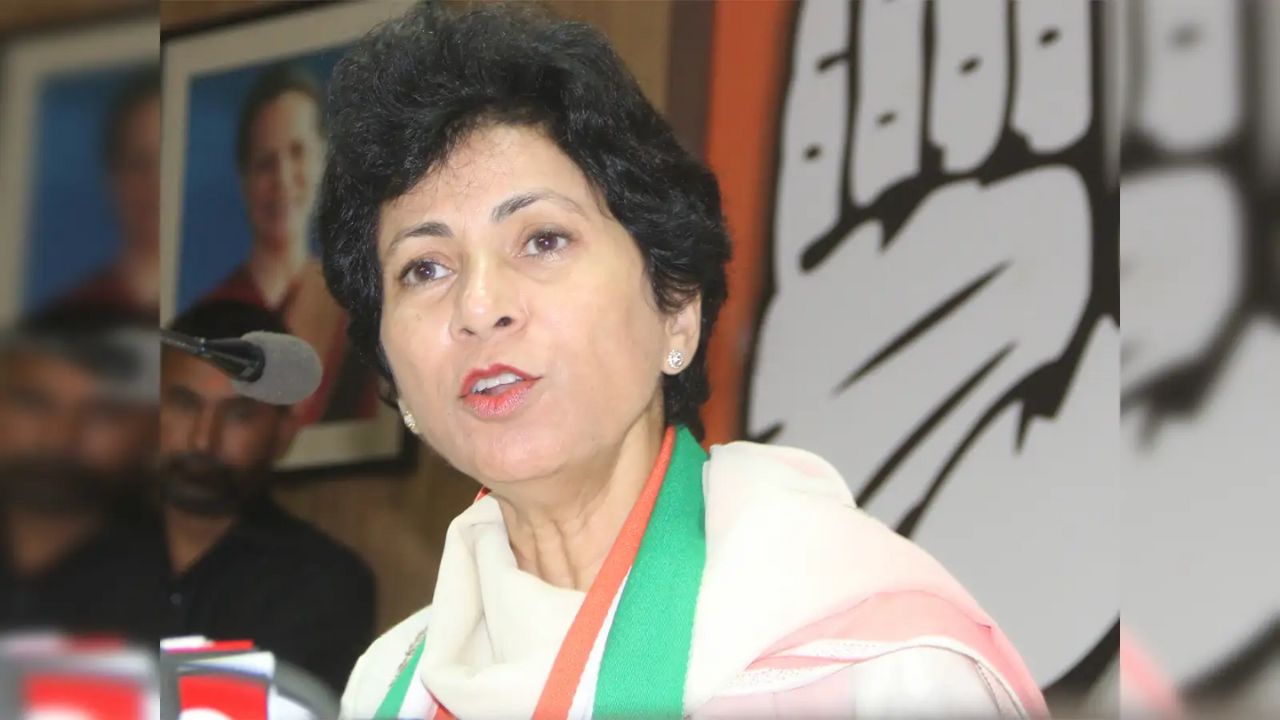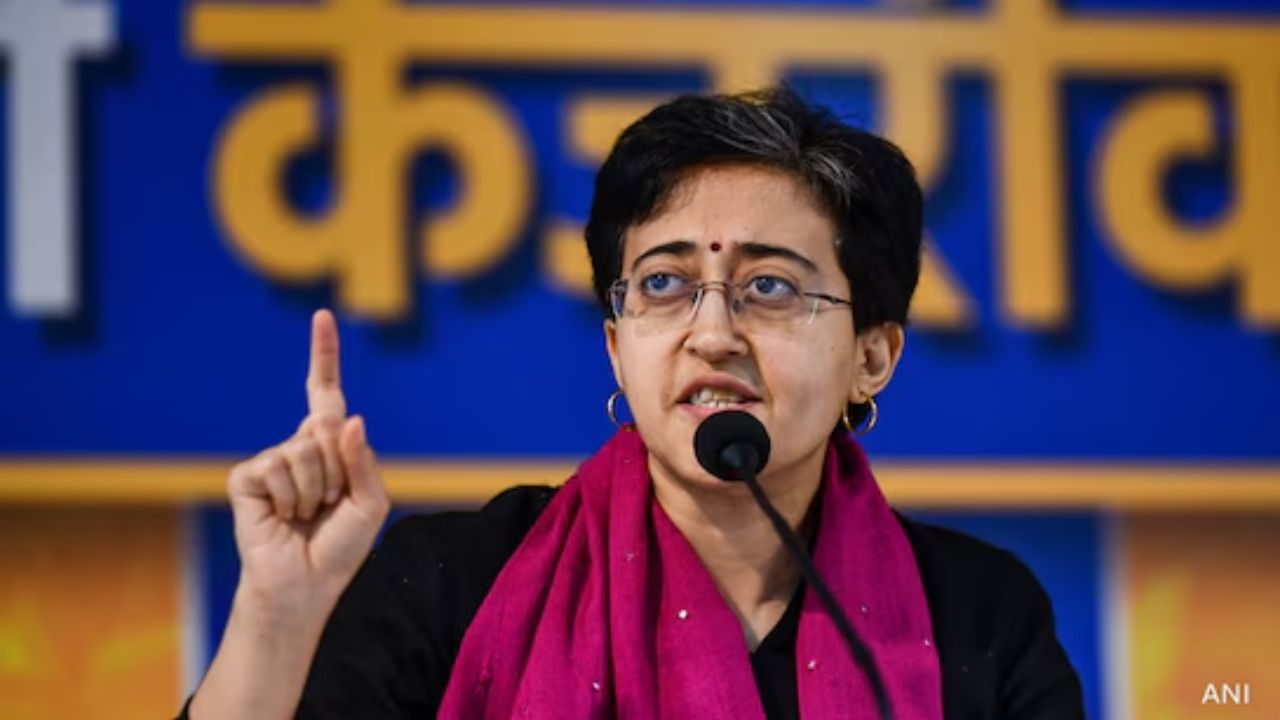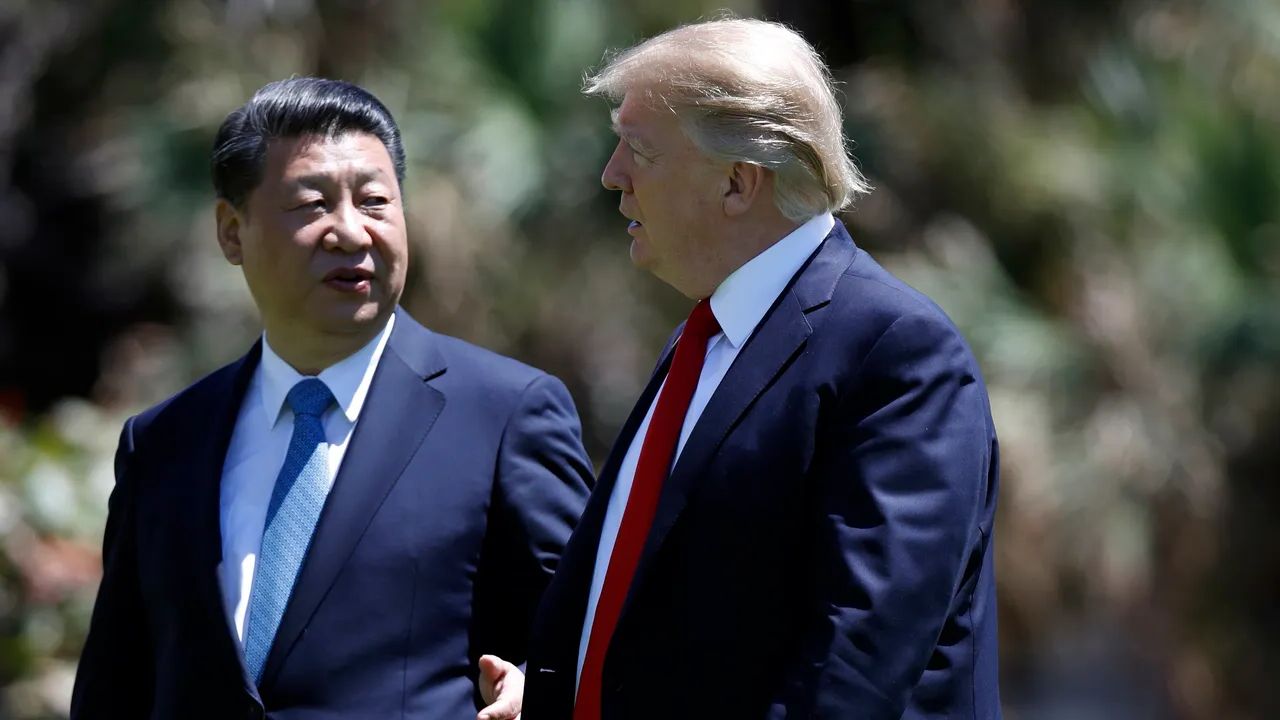Always an also-ran, is UP Deputy CM Keshav Prasad Maurya tired of waiting?
Following the disappointing Lok Sabha poll results for the BJP in Uttar Pradesh, the most vocal figure within the party has been Deputy Chief Minister Keshav Prasad Maurya. Maurya, an OBC leader and long-time RSS worker,

Following the disappointing Lok Sabha poll results for the BJP in Uttar Pradesh, the most vocal figure within the party has been Deputy Chief Minister Keshav Prasad Maurya.
Maurya, an OBC leader and long-time RSS worker, has barely concealed his dissatisfaction since losing the CM post to Yogi Adityanath after the BJP’s 2017 Assembly poll victory. Post-election results, Maurya has skipped Cabinet meetings, emphasized that “sangathan (the organization) is bigger than sarkar (the government)” on multiple occasions, and has been hosting MLAs and prominent leaders at his “camp office” in Lucknow. These gatherings have included BJP’s OBC allies, such as Om Prakash Rajbhar of the Suheldev Bharatiya Samaj Party.
Maurya recently met with another OBC leader, Sanjay Nishad of the NISHAD Party, following Nishad’s criticism that “the misuse of bulldozers” contributed to the NDA’s decline in UP in the Lok Sabha elections.
In a notable development, a letter from Maurya seeking details on the implementation of reservation guidelines by the Appointments Department has resurfaced. Sources indicate this letter, initially sent last year, was recently followed up with a “reminder.” This coincides with a similar query to the UP government by Anupriya Patel of the Apna Dal (S), another BJP ally, highlighting unfilled SC/ST and OBC quota positions becoming unreserved.
The Opposition has capitalized on these internal tensions within the BJP and NDA. Samajwadi Party chief Akhilesh Yadav recently mocked the situation, suggesting a “monsoon offer” in UP to “bring 100 MLAs, form the government.”
Maurya, among other BJP leaders, has hinted that the Adityanath government is responsible for the party’s decline to 33 out of 80 seats in UP in the Lok Sabha polls.
A loyal BJP member, Maurya has risen through the RSS ranks, participated in the Ram Temple movement, served as an MLA and MP, and held various organizational roles. Many viewed him as the natural CM candidate until Adityanath, a Thakur and outsider to the RSS, was chosen. Maurya was then made Deputy CM alongside Brahmin leader Dinesh Sharma, a move seen as balancing the state’s caste dynamics.
The 2022 Assembly polls saw Maurya lose his Sirathu seat, leading to allegations of “internal sabotage” by his supporters. Despite this loss, the BJP retained him as Deputy CM, though he now shares the position with Brajesh Pathak, a former BSP leader who joined the BJP before the 2017 Assembly elections.
Unlike Maurya, Pathak, a product of student politics and mainstreamed by the BSP, has kept a low profile post-election. Pathak’s silence contrasts with Maurya’s vocal stance, particularly after being excluded from panels set up for the upcoming bypolls.
Maurya’s supporters argue that it’s unfair to compare him with Pathak, who joined the BJP later and has different political roots. Pathak served as UP Law Minister in Adityanath’s first term and became Deputy CM in 2022, replacing Dinesh Sharma.
With the BJP under pressure after the Lok Sabha results, Maurya’s camp sees an opportunity for him to finally be acknowledged as the leading Deputy CM. At a BJP working committee meeting post-results, Maurya asserted the organization’s supremacy over the government, signaling his influential role.
Despite Akhilesh Yadav’s attempts to exploit these remarks, Maurya remains steadfast, defending his position.
The BJP recognizes it must address the Maurya issue, especially since the Lok Sabha results show the INDIA alliance successfully attracting the non-Yadav OBC votes the BJP has been targeting, a strategy central to promoting Maurya.




